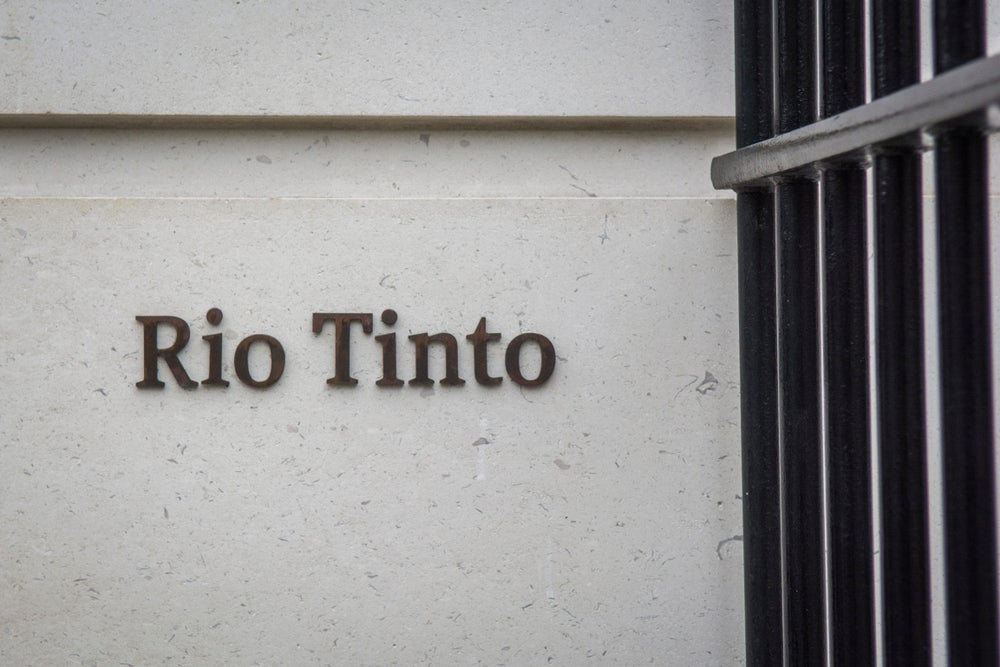The mining industry faces the challenge of displacing diesel to meet Scope 1 and 2 emission targets [emissions from sources that an organisation owns or controls directly, and emissions that are a consequence of the activities of an organisation but occur from sources not owned or controlled by it]. Diesel is typically the main energy source of a mine. Mobile diesel fleets alone can account for 25% of mines’ Scope 1 and 2 emissions, and 90% of Scope 1 emissions in surface mines.
The industry’s ultimate strategy to displace diesel is through fleet electrification. However, battery technologies must improve their energy density, cost, charging speed and scaleability to make electric equipment competitive. Most electrification will be gradually phased in as these technologies develop, with widespread adoption expected by 2040.
In the meantime, mining companies are implementing interim strategies to achieve significant reductions in diesel use and meet short-term Scope 1 and 2 emission targets. Rio Tinto is one company at the forefront of this effort, adopting renewable diesel as a precursor to fleet electrification and as a potential standalone solution where electrification may not be feasible.
What is renewable diesel?
Renewable diesel is a bio-based liquid fuel derived from vegetable oils and animal fats. It can be used as a "drop-in" fuel in most diesel engines, cutting CO₂ emissions by as much as 90%, NOₓ [nitrogen oxide] by 27% and particulate matter by a staggering 84%, according to the industry.
Rio Tinto aims to reduce Scope 1 and 2 emissions by 15% by 2025 and by 50% by 2030 (from a 2018 baseline). The company is using renewable diesel to help achieve these targets.
Rio Tinto’s transition to renewable diesel
In June 2023, Rio Tinto transitioned all heavy machinery at its Boron mine in Australia from fossil diesel to renewable diesel, making it the first open pit mine globally to achieve this feat. Rio Tinto now uses Neste MY Renewable at the site - a hydrotreated vegetable oil made from renewable raw materials that can reportedly reduce emissions by 75% compared to fossil diesel. The transition followed a seven-month trial with Neste and Rolls-Royce beginning in 2022, which showed that trucks running on renewable diesel performed as efficiently and reliably as those using fossil diesel. The switch is expected to reduce CO₂ emissions by up to 45,000 tonnes annually.
Building on the success at the Boron mine, Rio Tinto is switching all fossil diesel consumption for renewable diesel at its Kennecott mine in 2024. The transition began in Q1 2024 and encompasses Kennecott’s fleet of 90 haul trucks, heavy machinery, concentrator, smelter and refinery. The switch is anticipated to reduce CO₂ emissions by up to 495,000 tons annually.
Rio Tinto chief decarbonisation officer Jonathon McCarthy states that renewable diesel’s introduction at the Boron and Kennecott operations would “replace 11% of Rio Tinto's global fossil diesel consumption”.
Rio Tinto’s biofuel pilot
In September 2024, Rio Tinto announced a biofuels pilot involving pongamia seed farms in Australia. Pongamia is a legume tree native to the country that produces oil-rich seeds that can be harvested annually and processed into renewable diesel. Rio Tinto aims to determine if pongamia seed oil can meet its renewable diesel needs and contribute to the development of a new biofuel sector in Australia.
As part of the pilot, Rio Tinto is in the process of acquiring almost 3,000 hectares of land in north Queensland to study pongamia growth conditions and seed oil yields. Rio Tinto has partnered with Midway, a local wood fibre processor manager, to oversee the planting and management of the pongamia seed farms.
The pilot follows a smaller trial at Rio Tinto's Gove operations, where Pongamia saplings were planted to assess their response to challenging environmental conditions in northern Australia.
Taking a leaf out of Rio Tinto’s book
Rio Tinto's adoption of renewable diesel is a model for how mining companies can proactively implement interim strategies to reduce diesel emissions ahead of full-fleet electrification. Mining companies must act now to reduce diesel use and meet short-term Scope 1 and 2 emission targets — renewable diesel presents one viable pathway. Additionally, expect to see more companies from sectors such as aviation and logistics seek to develop biofuels as an interim strategy to reduce emissions amidst a limited global supply.









